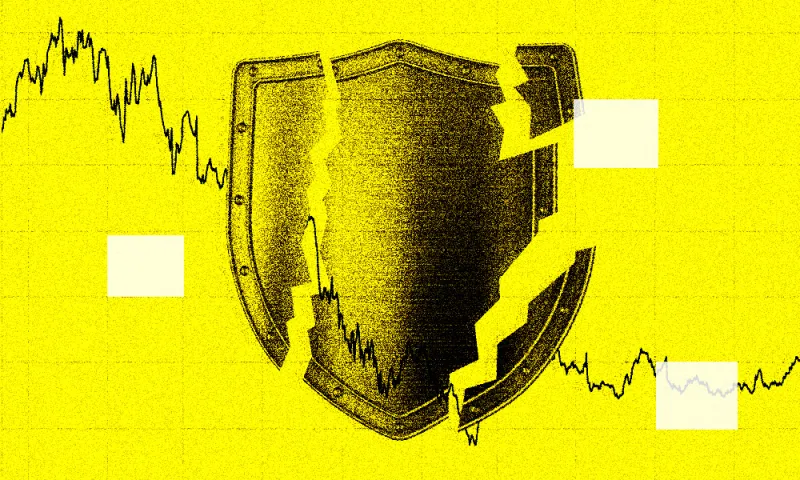New research from AQR Capital Management shows that active bond managers may soon be facing a fight similar to their equity counterparts.
Fixed income managers’ outperformance can largely be explained by passive exposures to factors, such as duration, corporate credit, emerging markets, and volatility risk, according to AQR.
“The implication for asset owners is clear: traditional discretionary active FI [fixed income] strategies offer little in the way of true alpha,” wrote the team of AQR researchers in The Illusion of Active Fixed Income Alpha. AQR looked at three categories using the eVestment database: U.S. Aggregate, which included 445 core and core plus managers, Global Aggregate--44 managers, and Global Unconstrained Bond funds, a universe of 114 managers.
[II Deep Dive: The ‘Vanguard Effect’ Comes to Smart Beta]
In the study, AQR set out to identify the sources of managers’ returns above the benchmark—alpha--after adjusting for their exposure to traditional risk premia. The study found that active fixed income managers consistently generated returns above their benchmarks over the last two decades—from November 1997 to June 2018. U.S. Agg managers delivered average active returns of .5 percent, while global unconstrained bond managers generated an average of 3.3 percent.
Despite this, however, AQR says the excess returns in all three categories—or what it calls active returns—are simply a “repackaging” of risk premia. These managers aren’t demonstrating skill in market timing or in selecting the best performing securities.
“Across categories, after accounting for exposure to traditional premia, the residual alpha is very close to non-existent (between one and ten basis points annualized across categories),” according to the report.
The research team also analyzed whether individual managers within the categories could persistently outperform peers, and whether the outperformance came from true alpha or just from constructing portfolios with more exposure to particular factors.
“The evidence is fairly bleak: we see little evidence of persistent manager skill,” wrote the report’s authors.
To test for skill on the manager level, AQR looked at managers that had recently outperformed and examined whether they continued to shine in subsequent time periods. They did not. “In none of the three categories do we observe any consistent relationship between past performance and subsequent returns,” said the report. For investors, that means putting money into the top fixed income managers won’t yield a win.
Studies of the equity world show similar findings. Rather than true alpha, active managers are often delivering premia such as value or growth, sources of market returns that have decades of academic research behind them. The studies have spurred the development of factor-based, or smart beta, funds whose stock picks are based on algorithms and are generally priced above plain vanilla index funds but less than active. This trend, too, has the asset management industry wincing from fee compression.
The number of factor-based fixed income funds is still relatively low. In part that’s because there isn’t as much academic research on fixed income risk premia as there is for equities. But with the index trend showing no signs of waning, asset managers are quickly ramping up their product development efforts.
Factor-based funds could be a better option for investors than plain vanilla fixed income funds.
Popular bond indexes have their weaknesses. As companies issue more debt, for instance, their representation in market-capitalization weighted benchmarks actually increases. Investors can end up having the largest exposure to the most indebted companies, which many argue is the opposite of a sound investment strategy. In addition, with interest rates still extremely low, benchmarks such as the U.S. Aggregate Index (formerly Barclays U.S. Aggregate) don’t include higher yielding options, such as emerging markets debt.
Actively managed bond funds have faced some competition from passive strategies, but not like equities. They’ve been somewhat immune because they’ve beaten their benchmarks over the last few decades. Experts also argue that active fixed income managers’ odds of outperforming are better because bond markets are much less efficient than stock markets. Trading isn’t centralized and pricing and other information is more difficult to obtain.
Still, AQR’s research shows that active managers’ outperformance may have little to do with their true skills in navigating inefficient markets.







